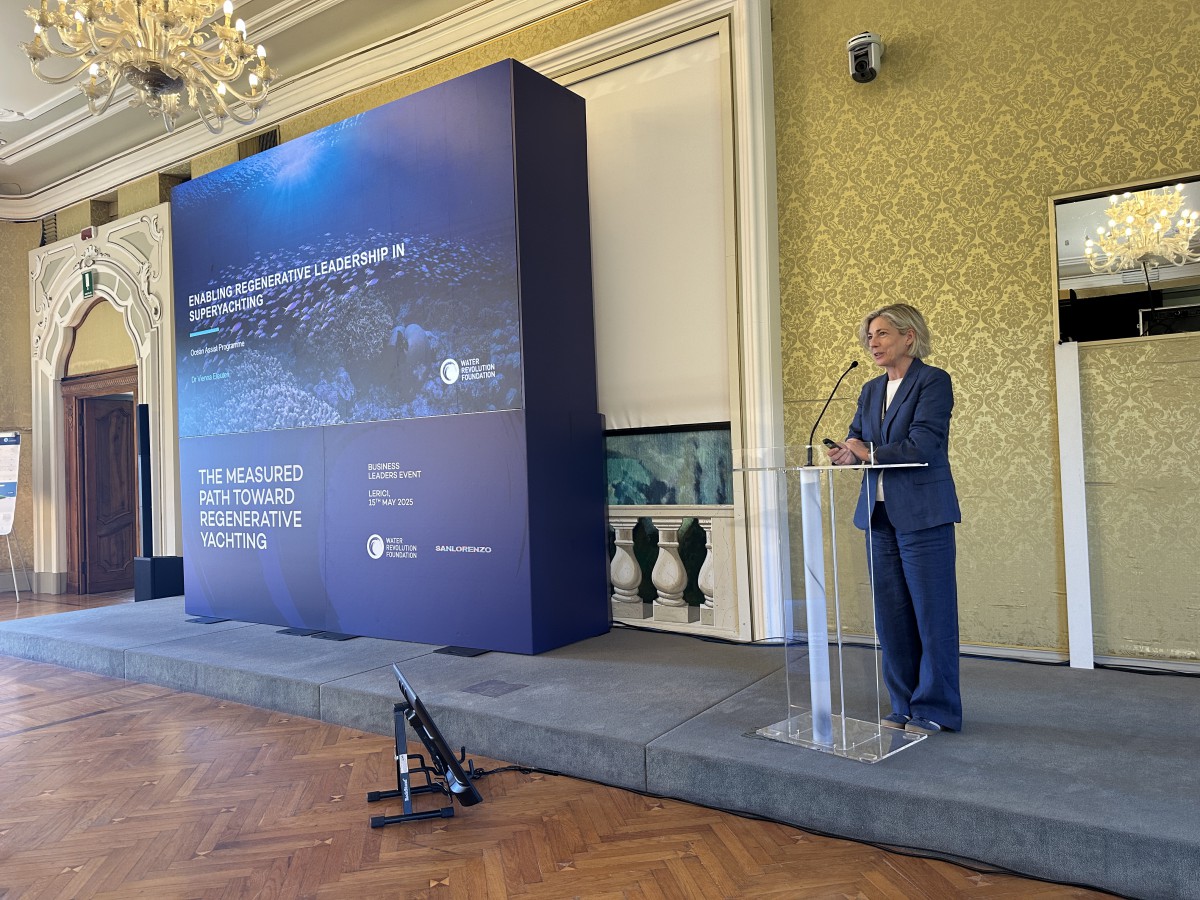Water Revolution Foundation announces Roadmap 2050
Quantified environmental targets set for a yacht’s life cycle to reach net zero by 2050…
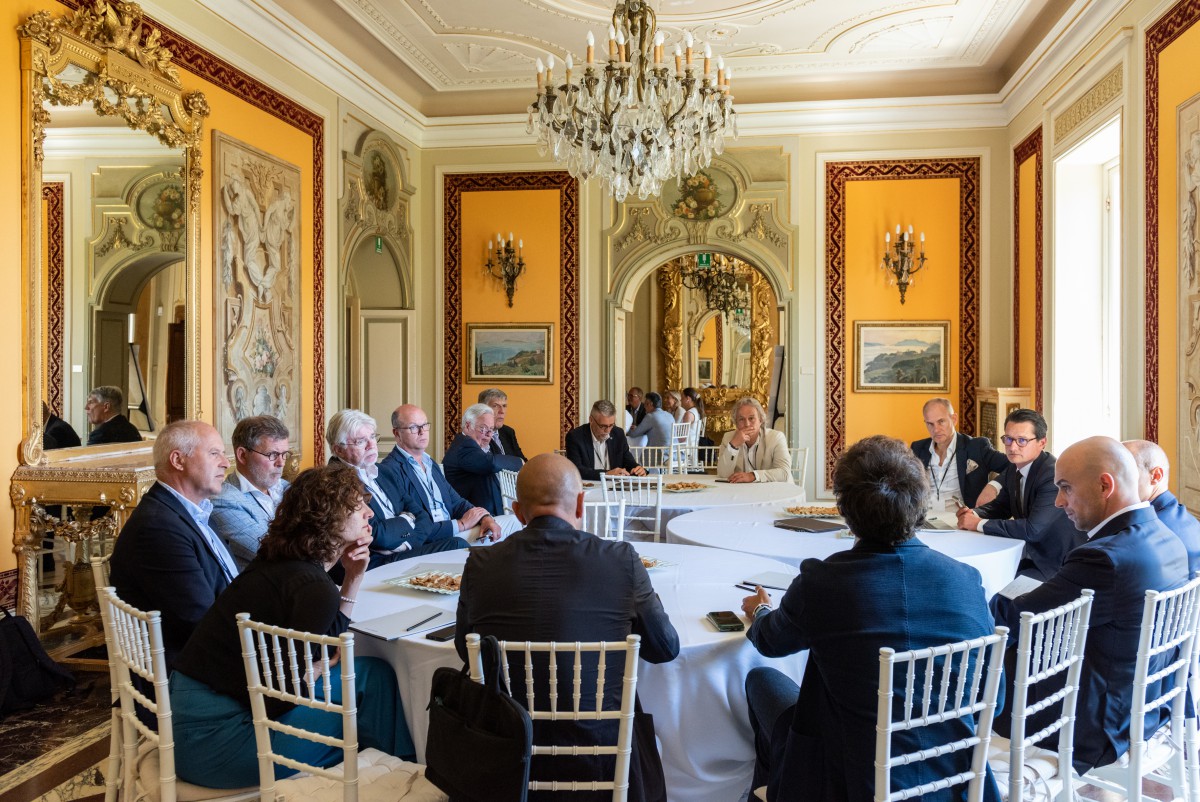
Water Revolution Foundation is announcing the Roadmap 2050: Towards Regenerative Yachting. This roadmap represents a collective, yachting sector-wide effort to reach net-zero emissions by 2050 latest. Developed through collaboration, following the Life Cycle Approach and based on a unique data exercise, the Roadmap covers every stage of a yacht’s life cycle – design, build, operation and refit – with clear, measurable targets set in five-year increments. The Roadmap provides a path towards net-zero for both product and process.
United through a specific environmental strategy for the yachting sector
With overwhelming support for the Roadmap 2050 from the great mix of business leaders present at the 3rd edition of the foundation’s strategic platform for top 60 industry CEOs, last month in Lerici, Italy, hosted by Sanlorenzo, the foundation calls upon all industry stakeholders to embark on this collective journey together.
Robert van Tol, executive director of the foundation, explains: “The Roadmap 2050 is a compass to navigate together through what are, undeniably, unchartered waters. Yachting can and should be pro-active and openly commit to net-zero, by latest 2050. Coordination and collaboration is key to accomplish this.”
Building on the momentum of two previous gatherings in Hamburg (2023) and Amsterdam (2024), this year’s edition marked a significant shift – from awareness to implementation. The focus turned to embedding regenerative principles into operations, investment decisions and lifecycle strategies across the full yachting value chain.
“The Roadmap signals to the world that our industry is not waiting for change –
we are leading it.”
Renowned environmental advocate Céline Cousteau opened the third edition with a powerful keynote that underscored the intrinsic connection between humanity and the ocean. Drawing from her intergenerational legacy and frontline experience in marine conservation, Cousteau’s message resonated deeply with an industry uniquely dependent on ocean health.
“Regenerative practices in the yachting industry are essential for the health of our oceans and the well-being of future generations. This industry possesses the power, influenc, and resources to lead by example. If yachting can transform, no other sector will have an excuse not to follow,” stated Cousteau, receiving a standing ovation.
While the Roadmap goes beyond current regulatory thresholds, it remains voluntary –empowering the industry to chart an optimal course. It is a sector-specific environmental strategy, uniting us all, giving clear directions for companies and individuals active in any of the four life-cycle stages. Through quantified targets priorities are set and guidance provided where to work towards and what to focus on. It is aimed to spark innovation, forward-thinking, competition, collaboration and standardisation. Suspended EU reporting requirements and IMO thresholds for vessels still over >5,000gt for the moment should not result in ‘wait and see’, but in extra motivation to utilise the opportunity to embark on a yacht-specific path towards net zero now we still can.
The white paper of the third business leaders event is available here for transparency and broader industry engagement.
The projected journey
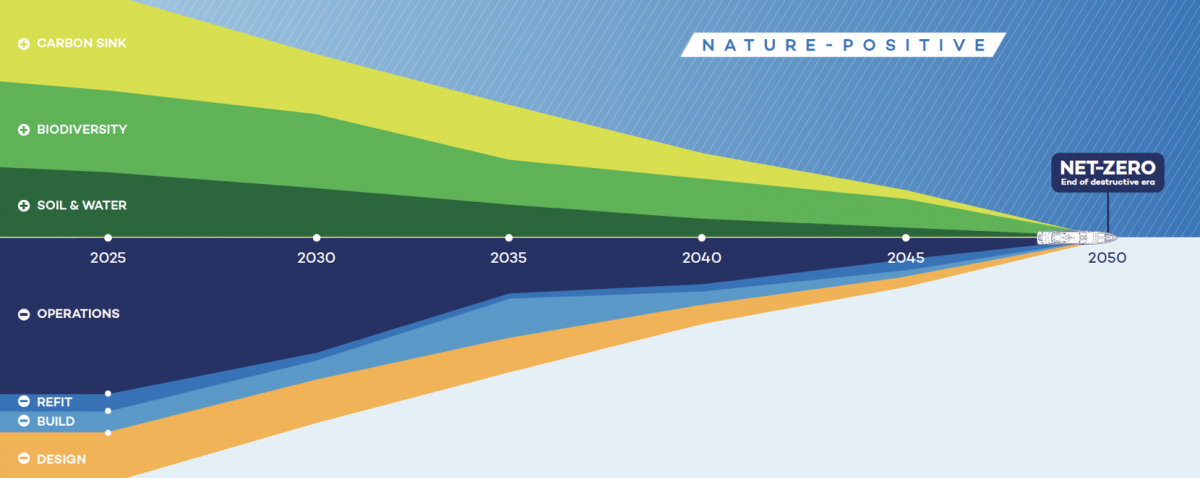
To define the 2025 baseline, Water Revolution Foundation gathered data from designers, builders, operators and refit yards. This data was used to estimate the current shares of impact and set proportional targets – measured in percentage reductions rather than absolute numbers – for each life-cycle stage. This marks the first step in a process that will become increasingly detailed with broader industry participation.
Reader guide: The Roadmap visual shows the current estimated negative impact division among the four life-cycle stages in 2025 below the x-axis, and their declining trajectories towards 2050. Above the x-axis is the mirror, representing the required positive impact investment in carbon sequestration, biodiversity restoration and contaminated soil & water, to neutralise the negative impact. This can and should be done at any point in time to reach net-zero asap. Robert van Tol clarifies: “Compensation is not the first thing to do, but certainly should be the last thing. Reduction efforts of negative impacts should always come first.” When going beyond compensating the negative impact, one reaches a nature-positive effect.
To facilitate effective compensation efforts, the Ocean Assist programme will offer a structured investment mechanism for ocean restoration. This yachting-specific blue finance approach is set to maximise financial and non-financial resources to support nature-based solutions and aid the global effort to restore ecological impacts. The Ocean Assist programme enables the yachting community to make measurable, regenerative contributions to global ocean agendas, redefining the relationship between economic growth and ocean well-being. More about this later this summer, when this yachting sector-specific ocean conservation programme will be launched.
Dr Vienna Eleuteri
Dr Vienna Eleuteri, initiator and vice chair of Water Revolution Foundation, adds: “The Roadmap is a shared promise – to each other, to the ocean and to future generations. A promise of transparency, collaboration and real progress.”
What is next?
To effectively track progress, yachting needs a centralised, standardised data-monitoring system. This system should be designed for collective benefit, allowing participants to track their own progress, benchmark it against their peer group and as such contribute to monitor the overall sector trajectory toward net zero.
Selecting the right KPIs, determining the scope for the data submission to enable comparison, utilising existing sources, and set up a frequent data collection mechanism for monitoring is what needs to happen within 2025 with a critical mass of industry players. For each life-cycle stage (design, build, operation and refit), Water Revolution Foundation will utilise its current or set up new roundtables to progress. All related trade associations are encouraged to embed the Roadmap targets in their agendas and are most welcome to join these roundtables. Signing up is not a contract, rather a moral statement and a true unified approach.
Further, it’s important to remember that these life-cycle stages are not isolated. One very much influences the other. Yet, we need to divide the pie of impact in order to allocate and take responsibility for it. This awareness and ownership of impact is expected to result in much better informed decisions and environmental innovation in each and every corner of the yachting sector.
Vienna Eleuteri concludes: “The Roadmap signals to the world that our industry is not waiting for change – we are leading it.”
Profile links
NEW: Sign up for SuperyachtNewsweek!
Get the latest weekly news, in-depth reports, intelligence, and strategic insights, delivered directly from The Superyacht Group's editors and market analysts.
Stay at the forefront of the superyacht industry with SuperyachtNewsweek
Click here to become part of The Superyacht Group community, and join us in our mission to make this industry accessible to all, and prosperous for the long-term. We are offering access to the superyacht industry’s most comprehensive and longstanding archive of business-critical information, as well as a comprehensive, real-time superyacht fleet database, for just £10 per month, because we are One Industry with One Mission. Sign up here.
Related news
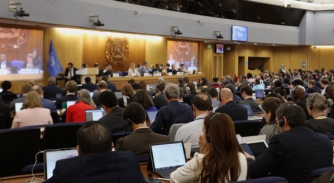
IMO sets new global net-zero shipping rules
The IMO’s new emissions framework targets shipping but the likely impact on superyachts in the future may be profound
Crew

Engineering a sea change
Why it’s time for the industry to make a clean break from conventional fossil-fuel-burning engines
Technology
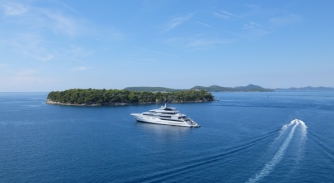
Don’t wait – lead
EU sustainability rules are changing – Water Revolution Foundation outlines what this means for yachting
Business
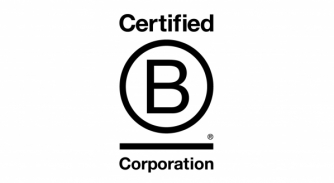
To B Corp or not to B
Sustainability Editor Megan Hickling explores how companies like RWD are achieving meaningful sustainability solutions through B Corp accreditation
Business
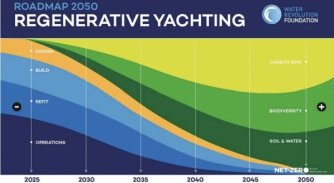
The roadmap to 2050
The second day of The Superyacht Forum in Amsterdam began with an important keynote panel charting a course for a sustainable future: the 2050 superyacht roadma
Crew
Related news
IMO sets new global net-zero shipping rules
9 months ago
Engineering a sea change
11 months ago
Don’t wait – lead
11 months ago
To B Corp or not to B
1 year ago
The roadmap to 2050
1 year ago
NEW: Sign up for
SuperyachtNewsweek!
Get the latest weekly news, in-depth reports, intelligence, and strategic insights, delivered directly from The Superyacht Group's editors and market analysts.
Stay at the forefront of the superyacht industry with SuperyachtNewsweek


